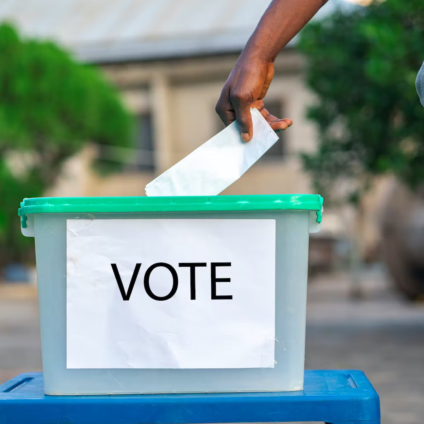
Nigeria’s electoral laws have evolved significantly since independence, reflecting the nation’s complex political journey. The transition from military rule to democracy brought significant constitutional reforms. Civil society organizations, like those in the Situation Room, have been instrumental in advocating for these changes, promoting a more democratic electoral process.
The Current Legal Framework Governing Elections
Central to Nigeria’s election administration is the Electoral Act, enforced by the Independent National Electoral Commission (INEC). This framework sets the stage for political party operations, candidate qualifications, campaign regulations, and the voting procedure. Critically, it also details how electoral disputes are resolved, a key area of focus for the Situation Room’s observation and advocacy efforts.
Challenges in the Existing Legal Framework
Despite comprehensive laws, Nigeria’s election framework faces challenges, including ambiguities and loopholes that can lead to electoral malpractices and disputes. Civil society organizations, including those within the Situation Room, have highlighted these issues, particularly in recent elections, emphasizing the need for a more robust and transparent legal framework.
Comparative Analysis with International Standards
When Nigeria’s electoral laws are compared with international standards, gaps and areas for improvement become evident. Adopting global best practices and aligning with international norms, a key advocacy point for the Situation Room, can significantly strengthen Nigeria’s electoral legal framework.
Recommendations for Reform
Reform is essential for addressing the challenges identified. Enhancing INEC’s independence, closing legal loopholes, and improving transparency are crucial. The Situation Room and similar civil society groups play a vital role in advocating for these reforms, emphasizing the importance of a legal framework that upholds democratic principles.
This analysis highlights the importance of a robust, transparent election legal framework for Nigeria’s democracy. Civil society organizations, particularly those within the Situation Room, are pivotal in advocating for and shaping these legal reforms. Their continued engagement is essential to ensure Nigeria’s electoral processes reflect fairness, integrity, and democratic values.
